Extended Writing
Although many historians now use the medium of television to advance their arguments and interpretations of history, the construction of written accounts remains fundamental to their craft. It also lies at the heart of current assessment systems, which means that young people similarly need to be able to create effective historical accounts of different kinds. The quality of students’ writing depends on the processes of selection and organisation as well as on effective communication within the appropriate genre, and the materials in this section deal with all three dimensions. Read more
Sort by:
Date (Newest first) | Title A-Z
Show:
All |
Articles |
Podcasts |
Multipage Articles
-

'A lot of guess work goes on': Children's understanding of historical accounts
ArticleClick to view -

'I feel if I say this in my essay it’s not going to be as strong’
ArticleClick to view -

A most horrid malicious bloody flame: using Samuel Pepys to improve Year 8 boys' historical writing
ArticleClick to view -

Chatting about the sixties: historical reasoning in essay-writing
ArticleClick to view -
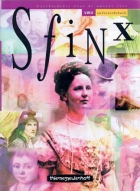
Cooperative Learning: the place of pupil involvement in a history textbook
ArticleClick to view -

Deepening Year 9’s knowledge for better causation arguments
ArticleClick to view -

Developing awareness of the need to select evidence
ArticleClick to view -
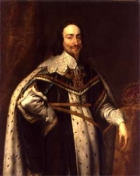
Developing pupil explanation through web debates
ArticleClick to view -
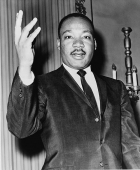
Developing students' thinking about change and continuity
ArticleClick to view -

Direct teaching of paragraph cohesion
ArticleClick to view -
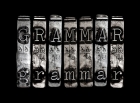
Does the grammatical ‘release the conceptual’?
ArticleClick to view -

Effective essay introductions
ArticleClick to view -

Enabling Year 7 to write essays on Magna Carta
ArticleClick to view -

Essay writing for everyone: an investigation into different methods used to teach Year 9 to write an essay
ArticleClick to view -

Film: What's the wisdom on... Extended Writing
ArticleClick to view -

Frameworks for linking pupils' evidential understanding with growing skill in structured, written argument: the 'evidence sandwich'
ArticleClick to view -
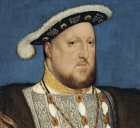
From road map to thought map: helping students theorise the nature of change
ArticleClick to view -
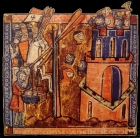
Getting medieval (and global) at Key Stage 3
ArticleClick to view -

Getting personal: making effective use of historical fiction in the history classroom.
ArticleClick to view -
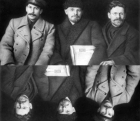
Historical scholarship and feedback
ArticleClick to view

